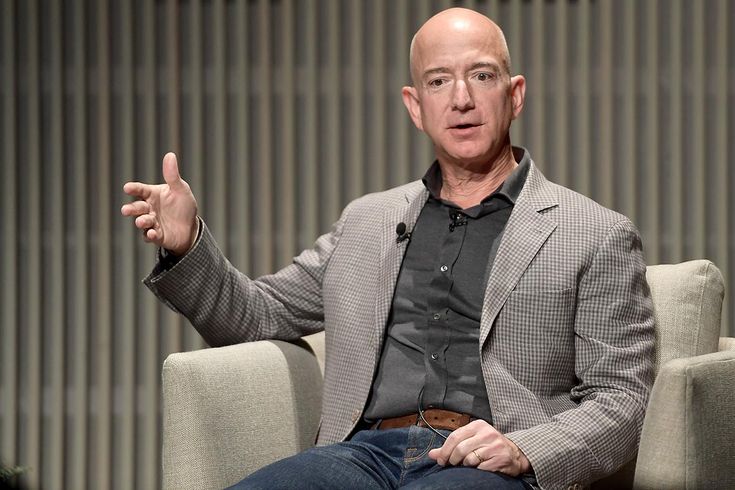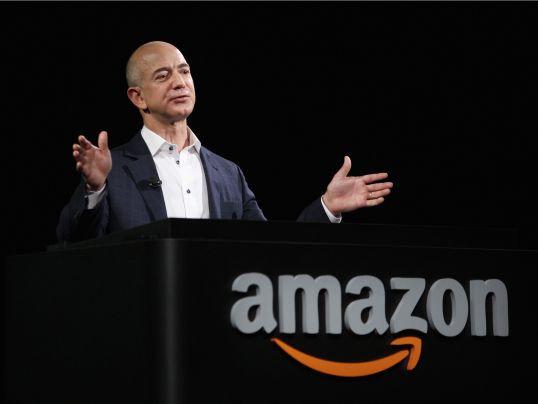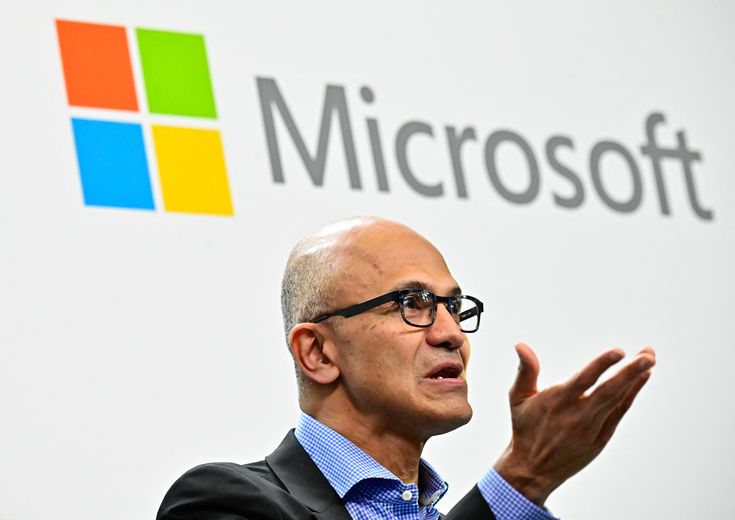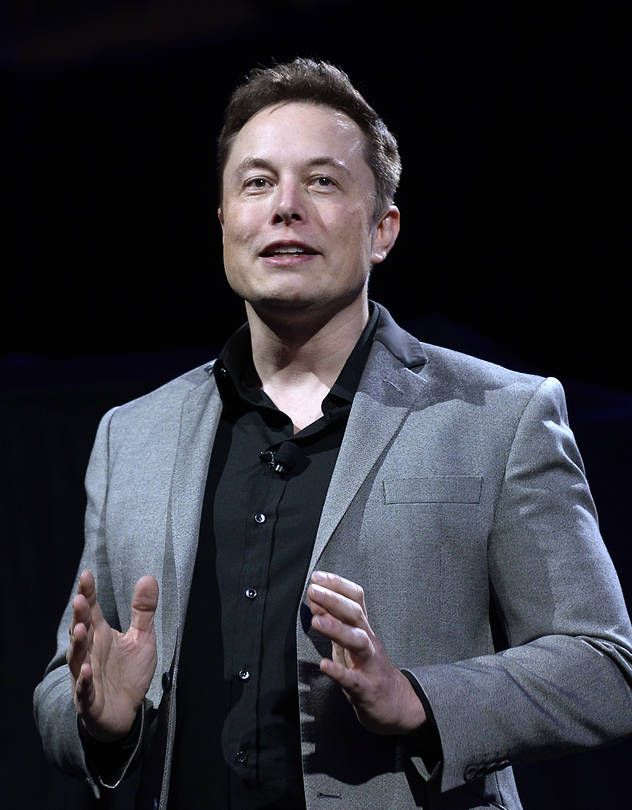Have you ever wondered how a company that started selling books online became a global giant that delivers almost everything to your doorstep? That’s the story of Amazon, and at its heart is its founder, Jeff Bezos. He built Amazon from a small idea in his garage into one of the most powerful and influential companies in the world. Many leaders focus on competitors or quick profits. But Jeff Bezos took a different path. He had a unique way of looking at business and leadership, which centered on a few powerful ideas. Just as we explored how Satya Nadella transformed Microsoft with his distinct strategies, Jeff Bezos offers another fascinating look at how a leader can redefine an entire industry. He had a unique way of looking at business and leadership, which centered on a few powerful ideas. His key strategies are full of valuable lessons for anyone who wants to lead, innovate, or simply understand how big ideas grow.
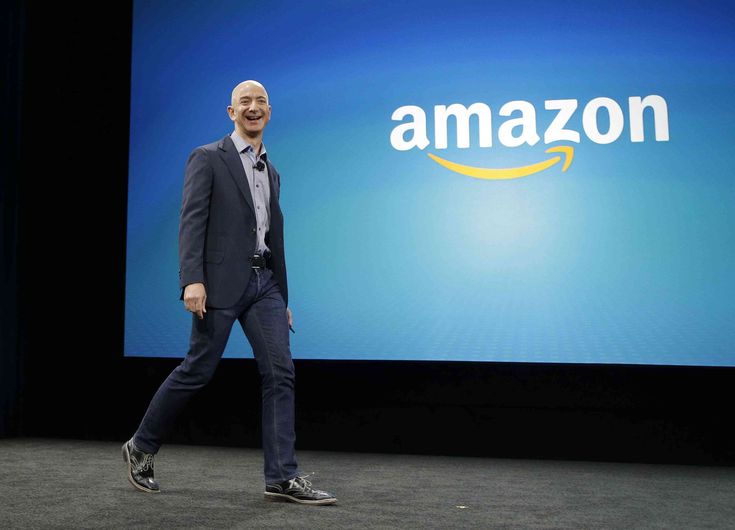
Customer Obsession
Jeff Bezos had one guiding star for Amazon: the customer. He always said, “Start with the customer and work backward.” This means Amazon didn’t first create a product and then try to sell it. Instead, they thought about what customers needed or wanted, even before customers knew it themselves. Then, they built the product or service to meet that need.
This deep focus on the customer shaped everything Amazon did. It led to things like Amazon Prime, which offers fast shipping and other benefits. It also inspired features like “one-click ordering,” making shopping super easy. Bezos believed that by obsessing over customers, Amazon would build lasting trust and loyalty. This would lead to long-term success, even if it meant sacrificing short-term profits.
“Day 1” Mentality
Jeff Bezos famously talked about Amazon always being in “Day 1.” What does “Day 1” mean? It’s a mindset. It means always acting like a startup, no matter how big the company gets. It means staying nimble, curious, and eager to invent.
This “Day 1” thinking helps Amazon avoid becoming slow or complacent. It encourages constant reinvention. Leaders at Amazon always ask themselves: “Are we still innovating for customers? Are we still moving fast?” This mentality pushes them to explore new ideas and never settle, keeping Amazon at the forefront of change.
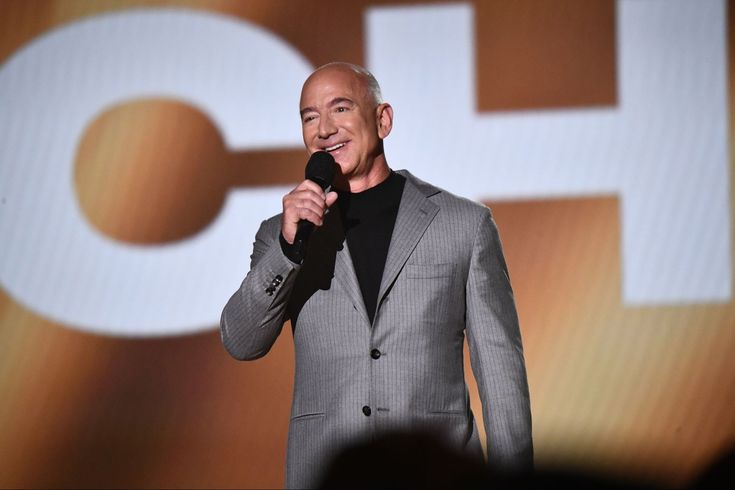
Long-Term Vision
Many businesses focus on quick wins and quarterly earnings. Jeff Bezos took a different approach. He had an incredibly long-term vision for Amazon. He was willing to invest for years, even a decade, without seeing immediate profits.
This long-term thinking allowed Amazon to build massive infrastructure. They built huge warehouses and a complex delivery network. They also invested heavily in new ventures like Amazon Web Services (AWS), their cloud computing division. AWS started as a small idea but grew into a massive, profitable business. Bezos’s patience and belief in his long-term vision allowed these big ideas to grow and eventually dominate their markets.
A Culture of Invention and Risk
Jeff Bezos knew that big successes often come from big experiments. He created a culture at Amazon that embraced invention and, importantly, accepted failure. He often said, “If you’re not failing, you’re not trying hard enough.”
This philosophy encouraged employees to experiment. They could try new ideas without fear of being punished for mistakes. This led to many innovations. To keep teams nimble, Bezos introduced the “two-pizza rule.” This meant teams should be small enough that two pizzas could feed them. Small teams move faster, communicate better, and innovate more effectively.
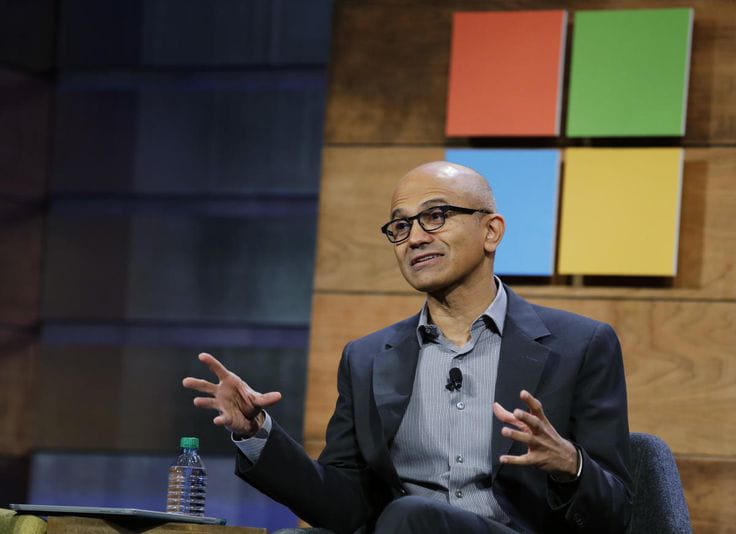
Unique Principles in Action
Beyond his big strategies, Jeff Bezos also implemented some unique principles that shaped Amazon’s daily operations:
The Empty Chair
In meetings, Bezos often placed an empty chair at the table. He told his team this chair represented their most important guest: the customer. This simple act constantly reminded everyone to think from the customer’s perspective. It forced them to question decisions: “How will this affect the person buying our product?”
Narrative Memos
At Amazon, meetings rarely start with PowerPoint presentations. Instead, teams write “narrative memos,” often six pages long. Everyone reads these memos silently at the beginning of the meeting. This forces people to think deeply and write clearly. It ensures everyone understands the context before discussion begins, leading to better, more thoughtful decisions.
Frugality
Jeff Bezos instilled a strong sense of frugality at Amazon. This didn’t mean being cheap. It meant being resourceful and finding clever ways to accomplish more with less. For example, early Amazon employees used desks made from doors. This principle encouraged creativity and self-sufficiency, ensuring the company focused its money on things that truly mattered to customers.
Bias for Action
Bezos believed that speed matters in business. He encouraged a “bias for action.” This means making decisions and moving forward quickly, especially when those decisions are reversible. He felt that waiting too long for perfect information could mean missing opportunities. Taking calculated risks and learning along the way was often better than endless study and inaction.
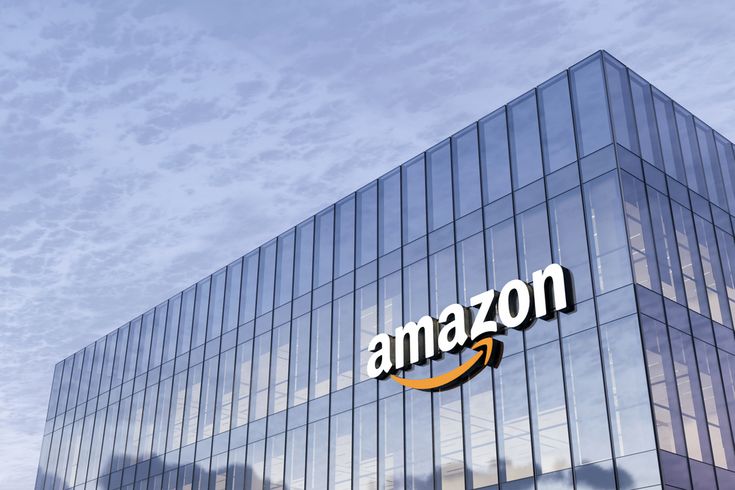
The Amazon Impact
The impact of Jeff Bezos’s leadership and these unique strategies is clear. Amazon grew from an online bookstore into a global powerhouse. It redefined retail, pioneered cloud computing with AWS, and changed how millions of people shop and consume media. But the lessons from his journey aren’t just for tech giants. You can apply them in your own life and work:
- Obsess Over Your “Customer”: Who are you trying to serve or help? Whether it’s a client, a team member, or your family, truly understand their needs.
- Embrace “Day 1”: Stay curious, keep learning, and be open to new ideas. Don’t let routine make you complacent.
- Think Long-Term: Be patient with your goals. Big achievements often require consistent effort over a long time.
- Invent and Learn from Failure: Don’t be afraid to try new things. If something doesn’t work, learn from it and try again.
- Be Resourceful: Make the most of what you have. Creativity often thrives under constraints.
- Act Decisively: Don’t get stuck in endless planning. Make a decision, move forward, and adjust as needed.
Leading Like Bezos
Jeff Bezos’s story at Amazon is a powerful example of how a singular vision, relentless focus, and a unique set of principles can build something extraordinary. His emphasis on customer obsession, long-term thinking, and a culture of invention truly set Amazon apart. He showed that by putting the customer first and constantly innovating, you can achieve incredible success. This kind of insight into leadership can empower you in your own life. Whether you’re leading a project, a team, or simply striving to make a greater impact, these lessons offer a roadmap for effective and transformative leadership.
Keep learning, keep asking questions, and always prioritize your personal growth. The more you understand about effective leadership, the better equipped you’ll be to inspire others and achieve your goals.
